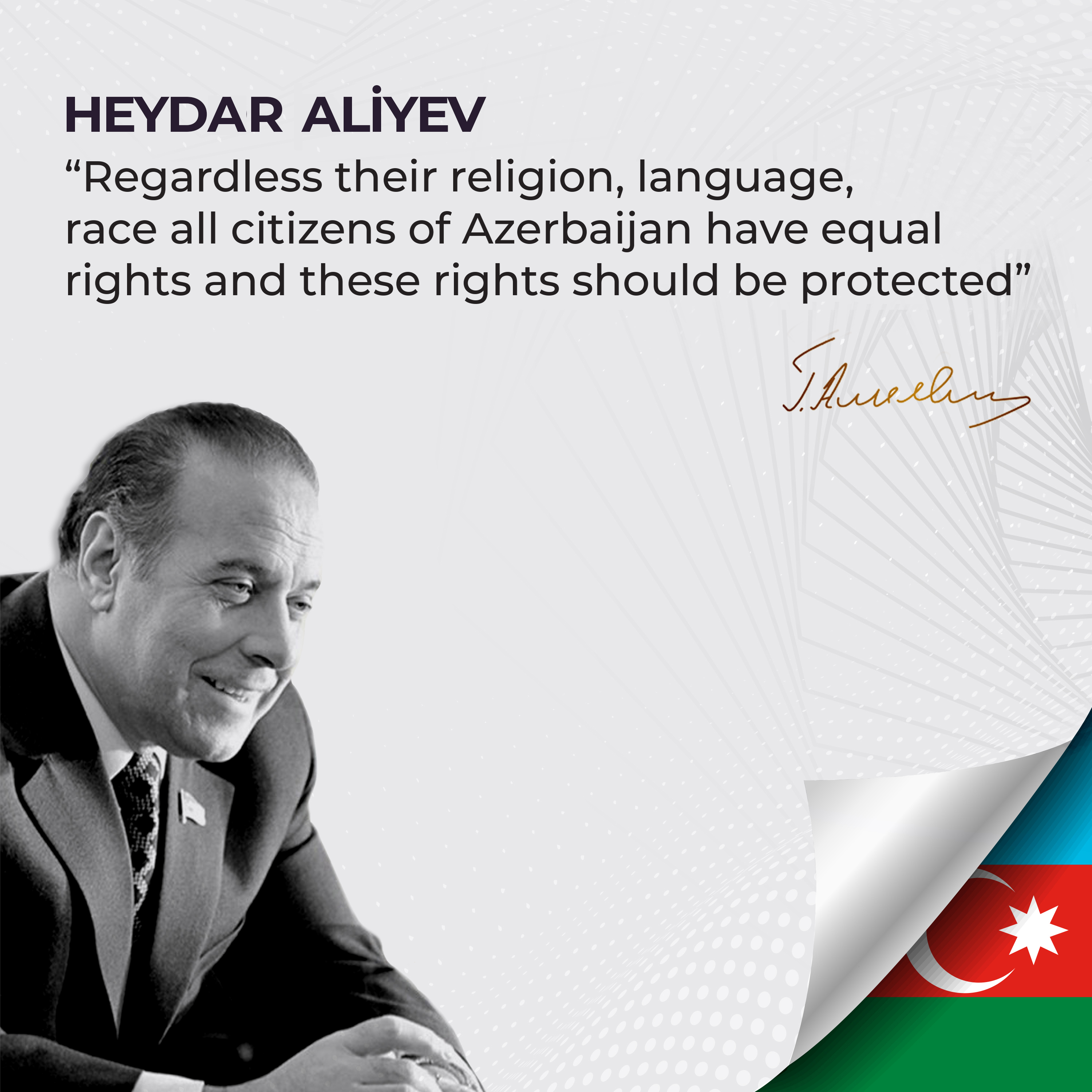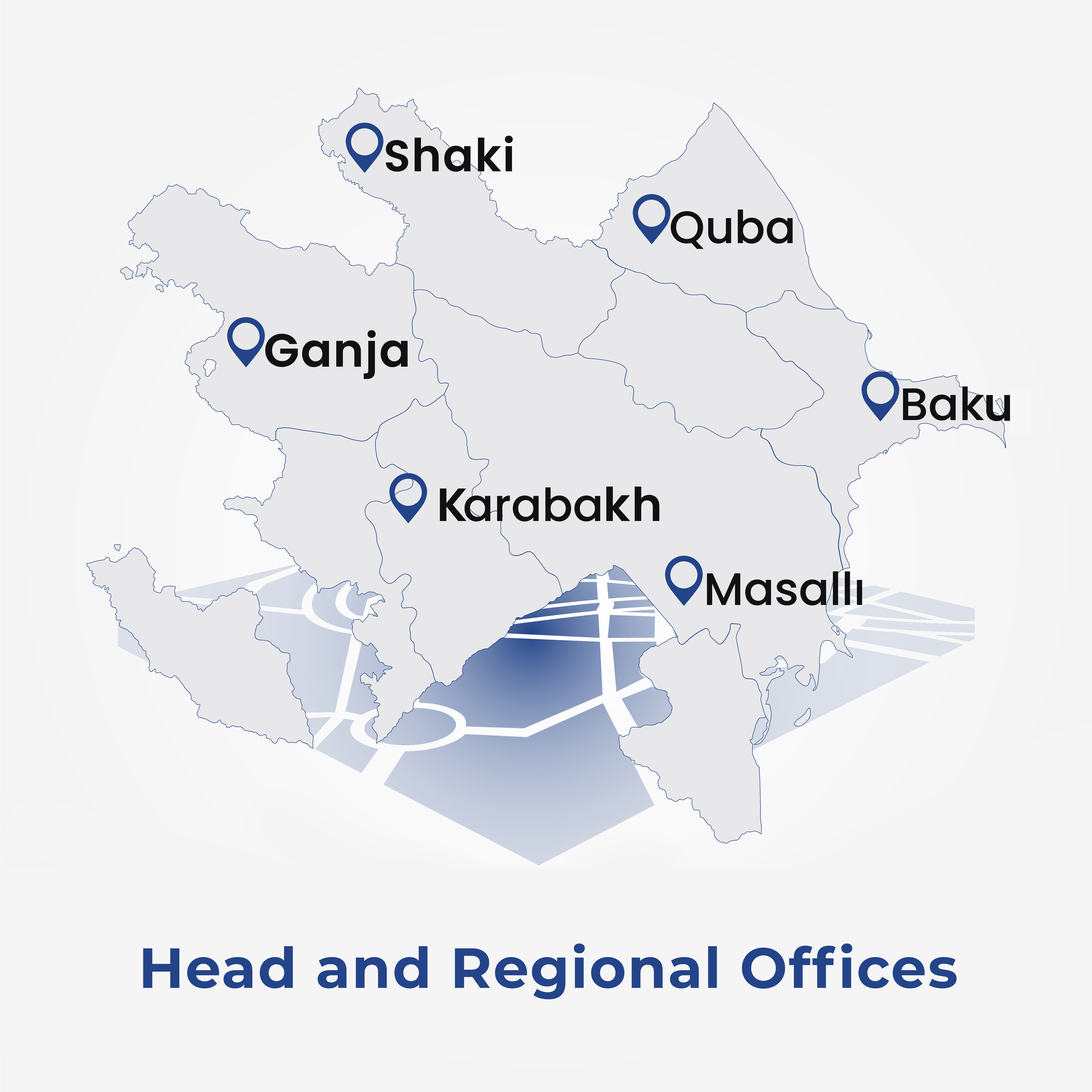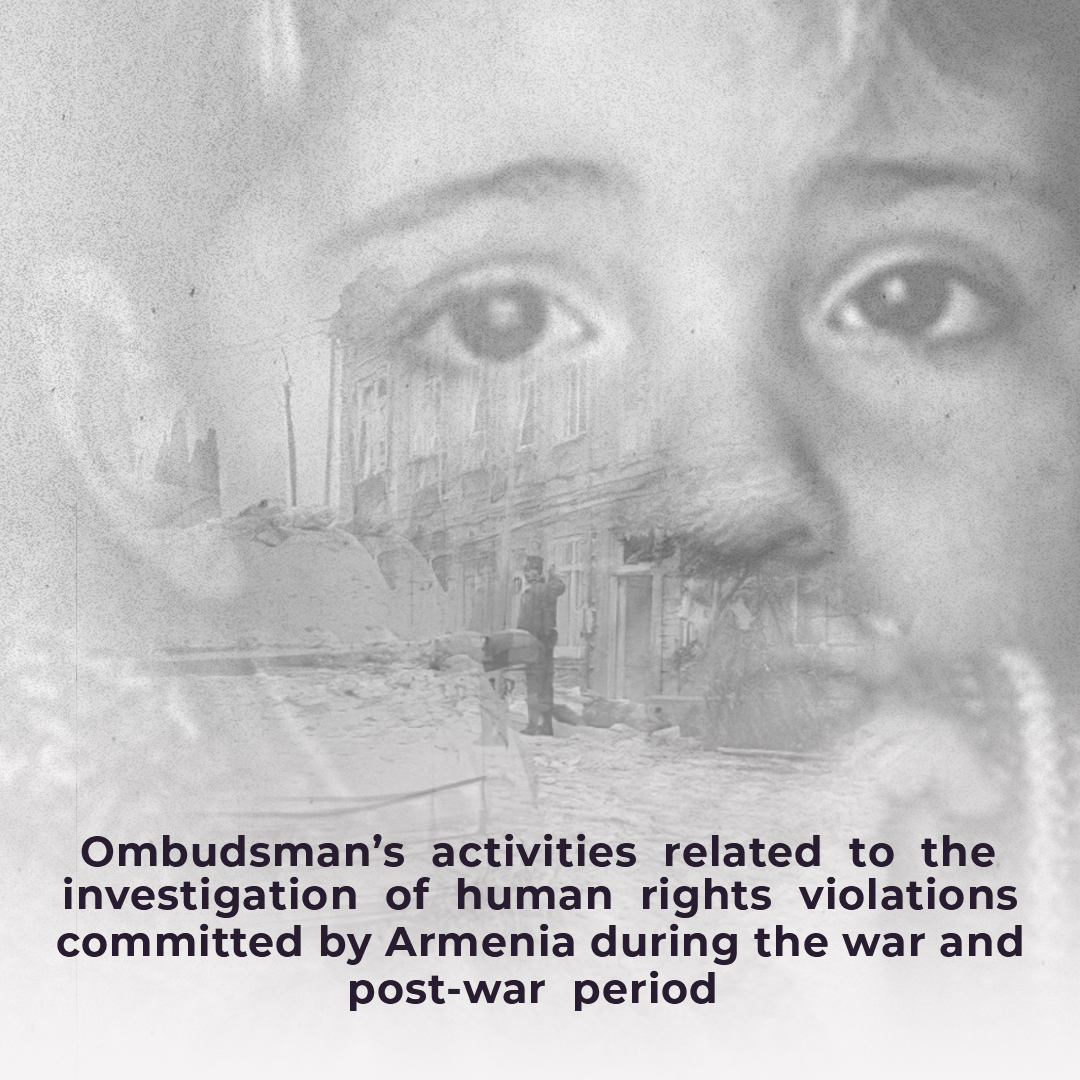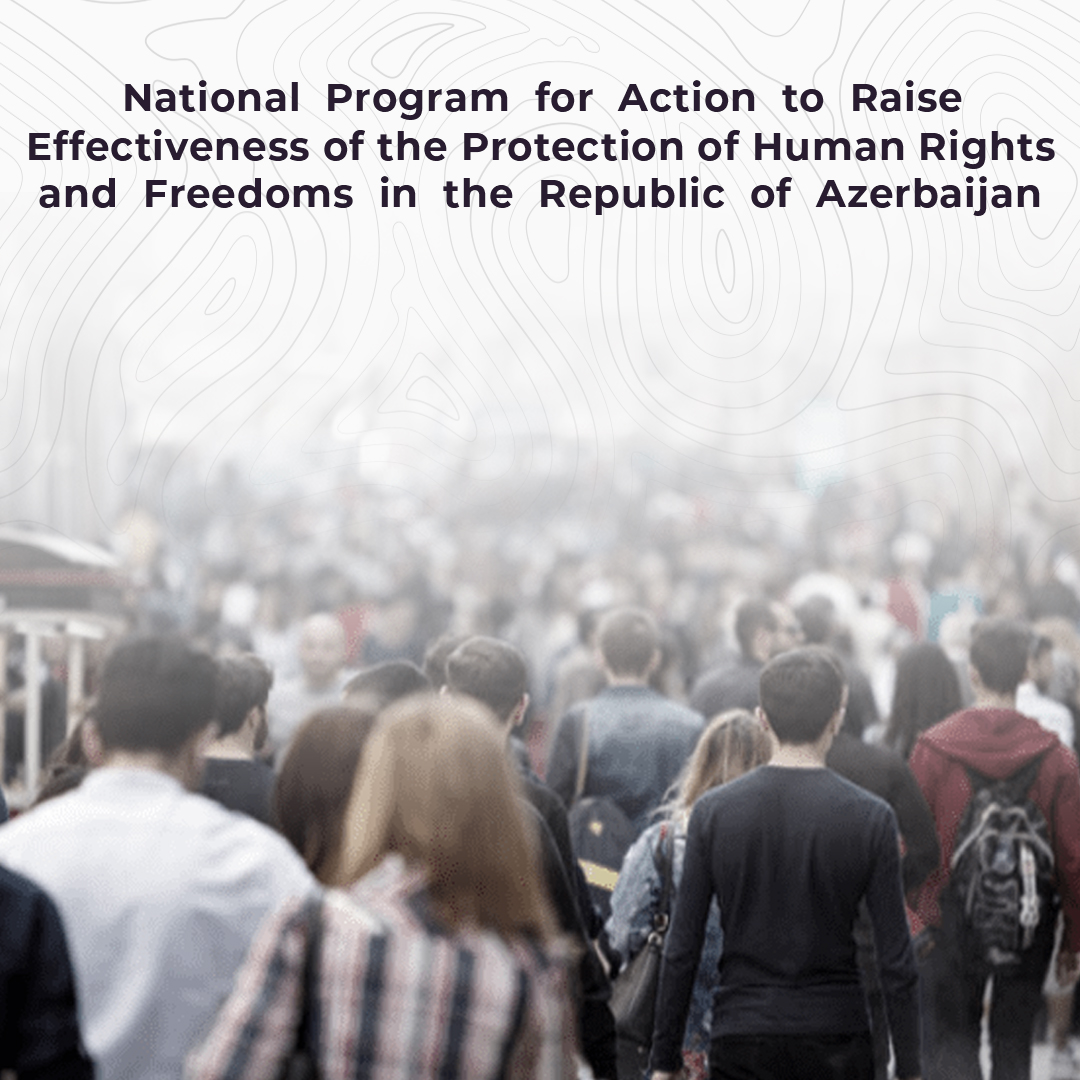
- Home page
- Commissioner
-
Activity Directions
- Mental Health and Human Rights
- Protection of the Rights of Population Groups
- Protection of the Right to Information
- Independent Monitoring Mechanism
- Legal Education
-
International Cooperation
- Cooperation with international organizations
- Cooperation with non-governmental organizations
- Study visits
- Projects
- Statements addressed to the international organizations
- “Ad hoc” reports
- Parallel and alternative reports submitted to the UN Treaty Bodies
- Oral and written statements submitted to the UN Human Rights Council
- Memorandums of cooperation
- Baku Declarations of Ombudspersons
- International Baku Forum
- Scientific Analytical Work
- Cooperation with Public and Civil Society Organizations
- Business and Human Rights
- National Preventive Mechanism Against Torture
- Protection of Human Rights
- Documents
- Media
- Live
- Contact
- Home page
- Commissioner
-
Activity Directions
- Mental Health and Human Rights
- Protection of the Rights of Population Groups
- Protection of the Right to Information
- Independent Monitoring Mechanism
- Legal Education
-
International Cooperation
- Cooperation with international organizations
- Cooperation with non-governmental organizations
- Study visits
- Projects
- Statements addressed to the international organizations
- “Ad hoc” reports
- Parallel and alternative reports submitted to the UN Treaty Bodies
- Oral and written statements submitted to the UN Human Rights Council
- Memorandums of cooperation
- Baku Declarations of Ombudspersons
- International Baku Forum
- Scientific Analytical Work
- Cooperation with Public and Civil Society Organizations
- Business and Human Rights
- National Preventive Mechanism Against Torture
- Protection of Human Rights
- Documents
- Media
- Live
- Contact
Call center
916
The Statement of the Commissioner for Human Rights (Ombudsman) concerning the 33rd anniversary of the tragedy of January 20, 1990
It has been 33 years since the bloody events of January 20, which are the most tragic days in Azerbaijan’s contemporary history and one of the brightest and most honorable pages in our people’s heroic history.
The Soviet Army committed horrible and mass destruction against peaceful residents of Baku on the night of January 19-20, 1990.
This bloody event was committed to suppressing the voice and preventing the realization of the dreams of independence of the peaceful and civilian Azerbaijanis, protesting the support of the USSR for the Armenian policy of aggression against the historical territories of Azerbaijan, and their pro-Armenian, and biased politics against our country. Although the Soviet Empire perpetrated a violent terror act against peaceful human beings, it was impossible to break the will of the people of Azerbaijan.
As a result of this crime against humanity committed by the former Soviet armed forces in several districts along with the cities of Baku and Sumgayit, 150 peaceful civilians, including children, women, and the elderly were brutally killed, 744 persons were injured, 841 persons were arbitrarily deprived of liberty, and 112 persons of them were sent to different prisons across the USSR.
Although our bloody memory – the tragic events of January 20 were one of the most tragic days we have experienced in the recent past, they were engraved in the memory of our people as a glorious history of heroism.
Despite the pressures and challenges that existed on January 21, 1990, Heydar Aliyev, the National Leader of the people of Azerbaijan, together with his family, came to the Office of the Permanent Representative of Azerbaijan in Moscow, held a press conference to inform the world community about these crimes against humanity committed on January 20, and made a sharp statement about this crime committed by the USSR leadership.
During the session of the Supreme Assembly of the Nakhchevan Autonomous Republic on November 20, 1990, Heydar Aliyev, the Great Leader, considered the tragedy of January 20 as an affront to the sovereign rights of the people of Azerbaijan; the bloody events of January 20 were given a political and legal assessment in 1994, following his return to the rule in Azerbaijan, and the names of the perpetrators of this crime were brought to the attention of the general public, and 20 January was declared a national mourning day.
During the bloody events of January 20, the facts of reprisals against innocent people, the deprivation of hundreds of persons of the right to life and the wounding, the restriction of the opportunities of people to receive accurate information on the happenings by placing information blockade, the inflicting of various physical injuries on them, and the presence of women, older persons, and children among the victims were serious and mass violations of the principle of respect for human rights and freedoms.
The provisions of the Universal Declaration of Human Rights, the International Covenant on Civil and Political Rights, and other internationally legally binding documents as a result of this tragedy.
The criminal acts committed on January 20 were acts of military aggression that seriously and grossly impaired human rights, disrespected the norms of international law, including international humanitarian law, and were directed against the sovereignty and independence of Azerbaijan, furthermore, they were crimes against humanity.
We do believe the bloody events of January 20 that occurred as a result of military aggression against Azerbaijan, will be evaluated within international law as a crime against mankind and humanity, and the perpetrators of this crime will be held accountable, and the criminals will not go unpunished.
We urge international organizations and the world community to conduct a legal assessment of the tragic events of January 20 that resulted in grave breaches of human rights in violation of the universally recognized principles and norms as soon as possible.
Sabina Aliyeva
The Commissioner for Human Rights
of the Republic of Azerbaijan
(Ombudsman)
January 2023
The statement is addressed to the UN Secretary-General, UN Security Council, UN Office of High Commissioner for Human Rights, UN Office of High Commissioner for Refugees, UN Human Rights Council, the United Nations Children’s Fund, the United Nations Educational, Scientific and Cultural Organization, European Union, Council of Europe, Organization for Security and Co-operation in Europe, International and European Ombudsman Institutions, Asian Ombudsman Association, Organization of Islamic Cooperation and the Ombudsman Association of its member states, Independent Permanent Human Rights Commission of the Organization of Islamic Cooperation, European Network of Ombudspersons for Children, International Peace Bureau, foreign ombudsmen and national human rights institutions, embassies of the Republic of Azerbaijan and the foreign embassies in Azerbaijan, as well as to the Azerbaijani Diasporas.
- National preventive mechanism against torture
- Protection of the rights of population groups
- Protection of the rights of refugees, IDPs and migrants
- Protection of the rights of detainees and prisoners
- Protection of the rights of military servants
- Protection of women's rights and provision of gender equality
- Protection of child rights
- General
- Legal awareness
- Protection of the rights of older people
- Protection of the rights of persons with disabilities
- Cooperation with public and civil society
- National preventive mechanism against torture
- International cooperation
- Non-Governmental Organizations
- Public hearings
- Mass media
- Business and Human Rights
- Protection of the rights of martyrs' families and war veterans
- Protection of the rights of migrants
- Prevention of discrimination and ensuring equality
- Right to information
- Mental health
- .
-

- The Ombudsman participated in the International Conference on “Artificial Intelligence and Human Rights: Opportunities, Risks and Visions for a Better Future” in Qatar.
-

- The Ombudsman sent letter to UN High Commissioner for Refugees regarding protection of rights of persons deported from Armenia.
-

- A representative of the Ombudsman Office took part in an event organized by the Ministry of Energy.
-

- The Ombudsman’s representatives participated in the Pardon Decree Enforcement Ceremony.
-

- A series of legal awareness events were organized by the Ombudsman's Regional Centers.
-




